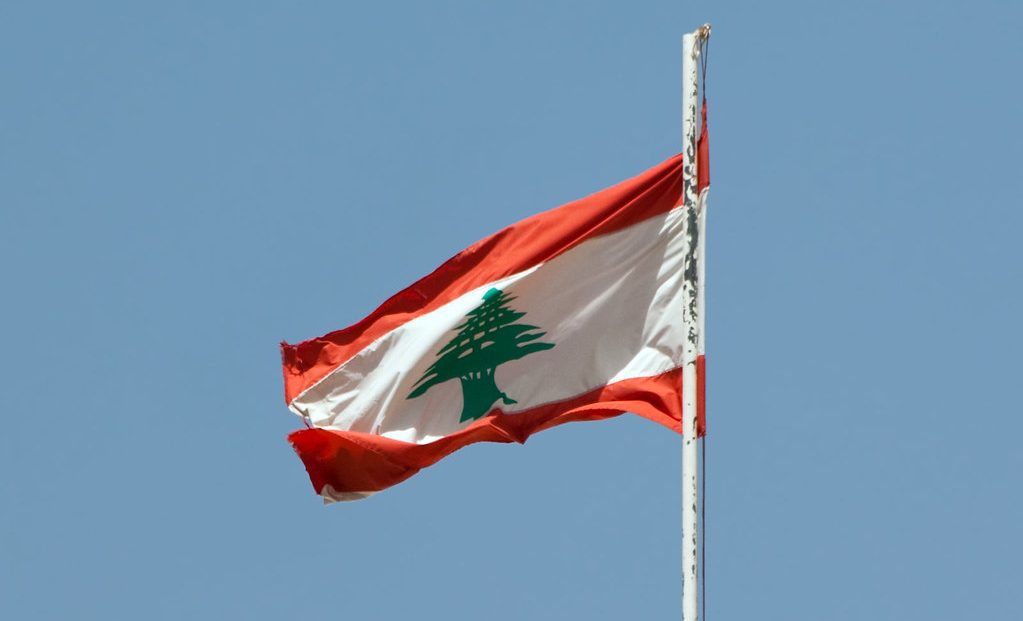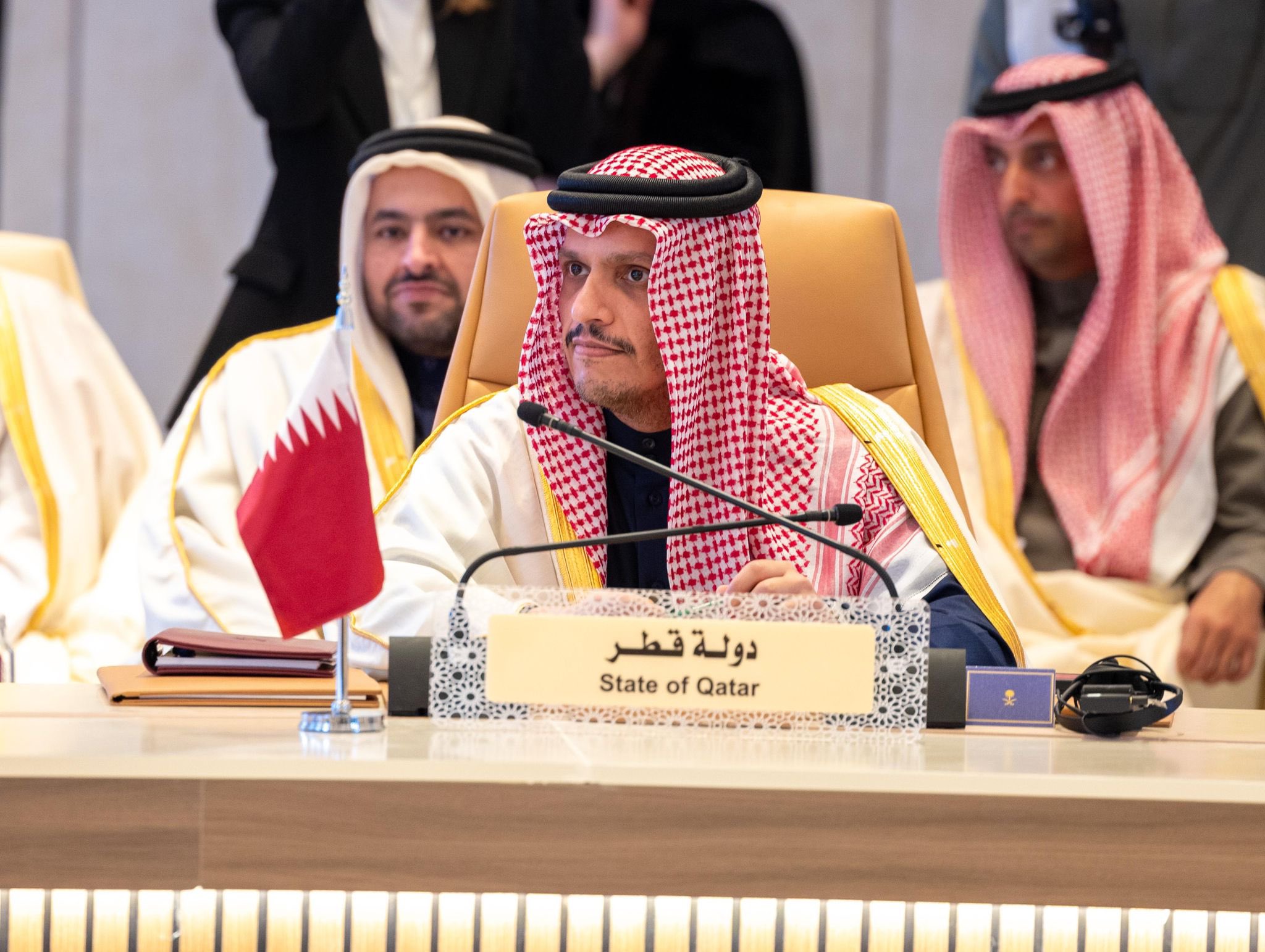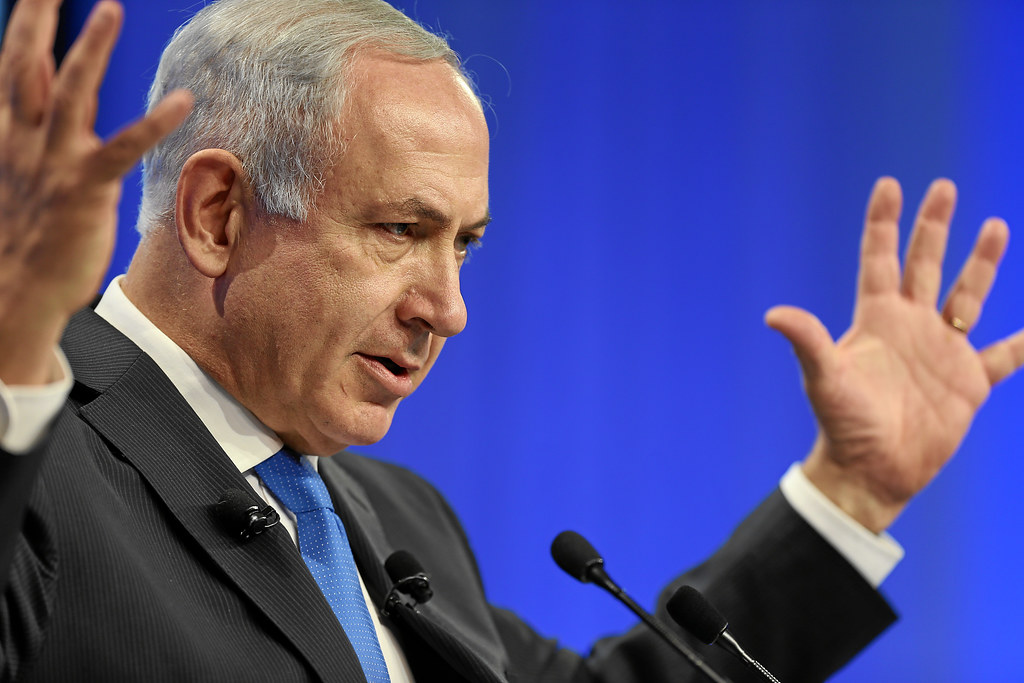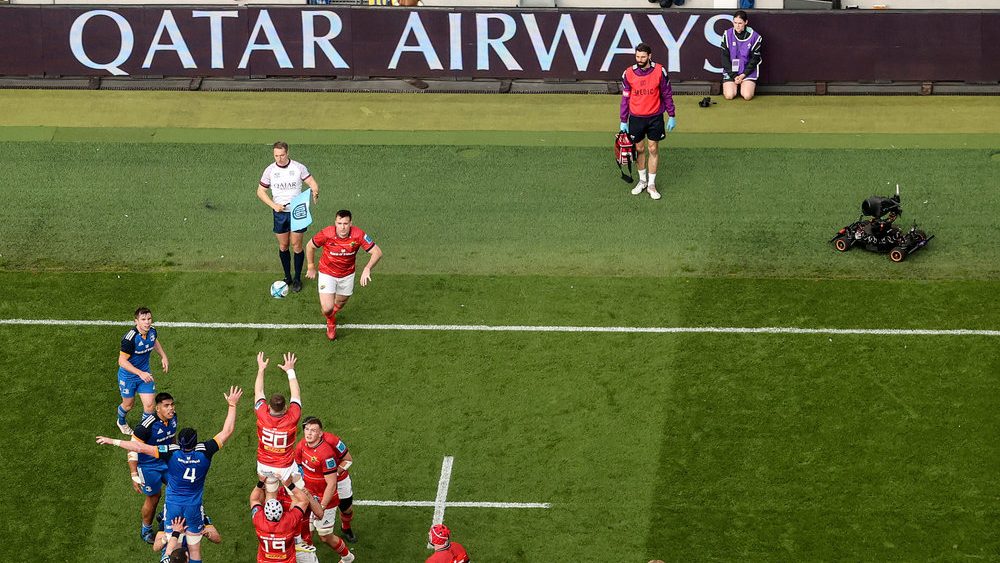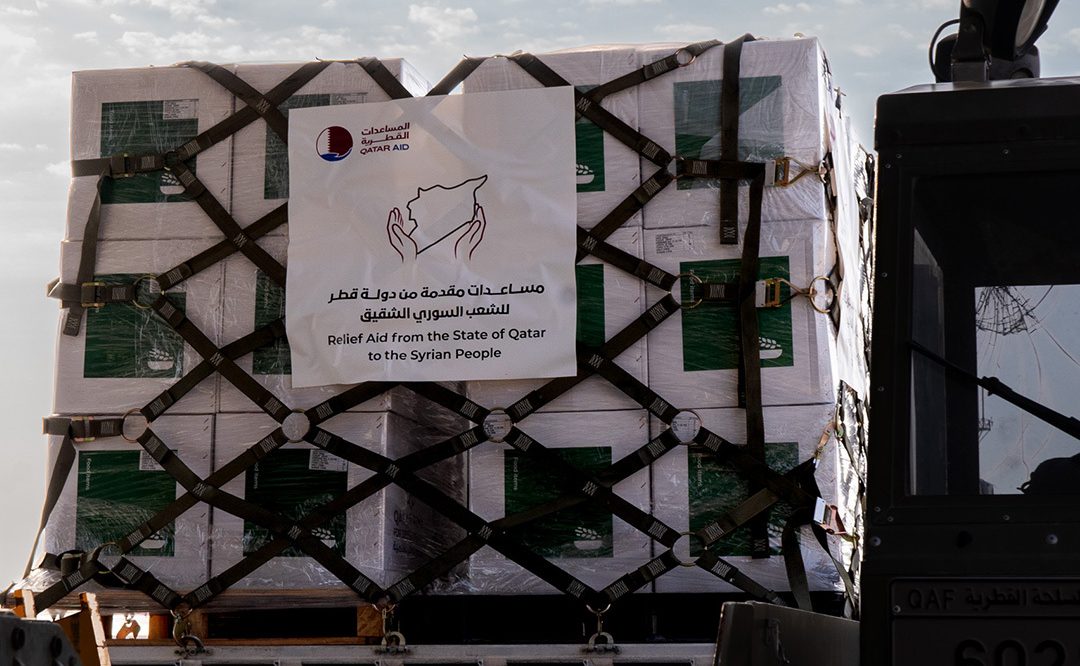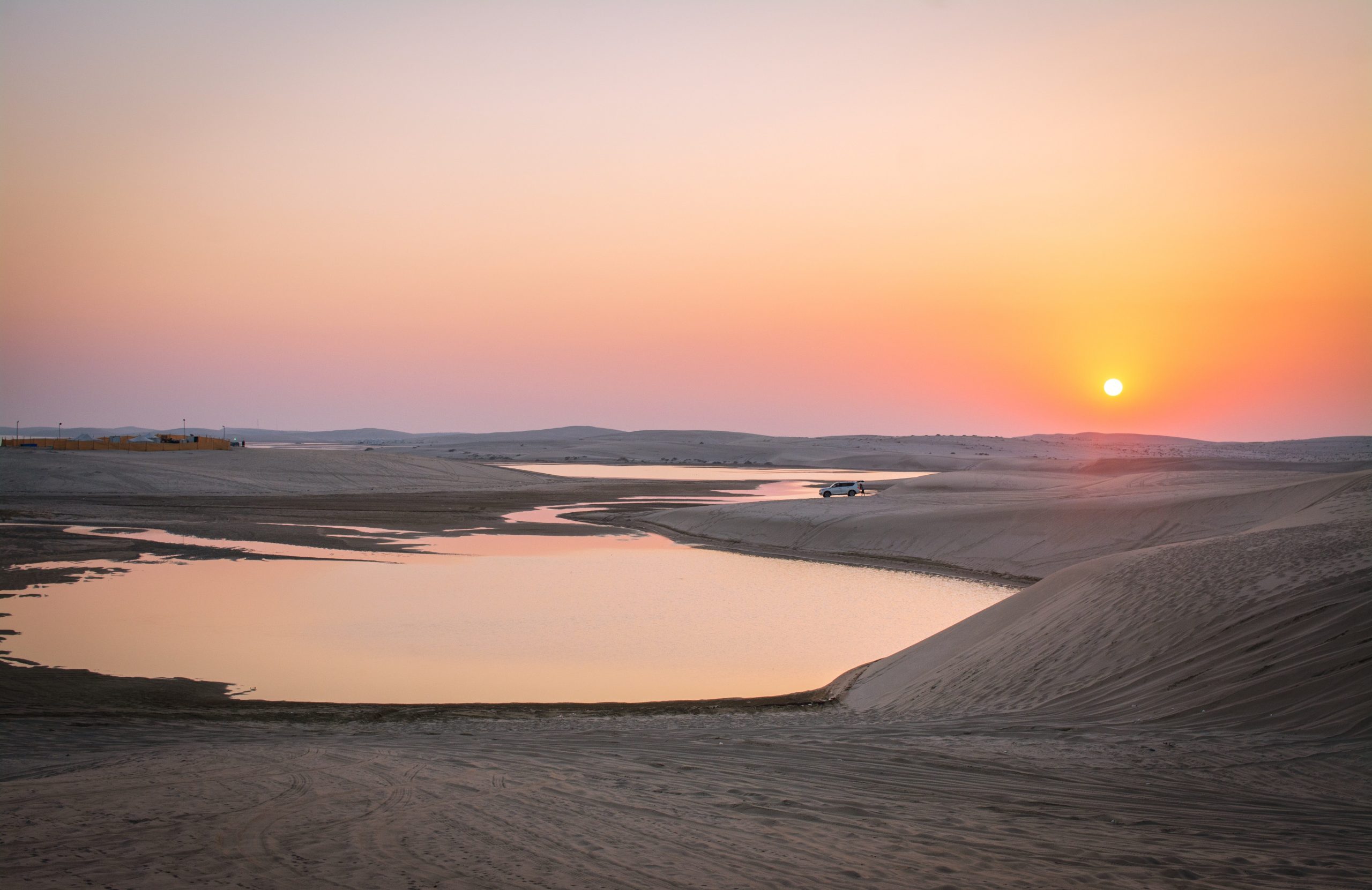The camp is currently home to more than 63,000 people.
Qatar has urged its citizens in Lebanon to avoid “areas of current events” on Saturday as other Gulf nations warned of travelling to the country, following last week’s armed clashes in the Ein El Hilweh refugee camp.
In a statement, the Qatari embassy in Lebanon called on citizens visiting the country “to take precautions, to stay away from the areas witnessing current events, and to adhere to the instructions issued by the competent local authorities.”
The statement, however, fell short of specifying the exact Lebanese areas.
“It appealed to Qatari citizens who are currently in Lebanon to contact the Embassy of the State of Qatar in Beirut in the event of emergencies,” the embassy added.
Armed clashes erupted on 29 July between members of Fatah and other Palestinian groups at the Ein El Hilweh camp in Sidon, the largest Palestinian refugee camp in Lebanon.
At least 13 people have been killed since the outbreak of the fighting, which paused between Thursday and Saturday morning under a fragile ceasefire.
On Friday, Saudi Arabia issued a statement urging its citizens to “immediately leave” Lebanon while stressing “the importance of adhering to the Saudi travel ban to Lebanon.”
Neighbouring Bahrain issued a similar statement hours later in which it called on its citizens to leave Lebanon “for their own safety.”
Kuwait’s foreign ministry then called on Kuwaitis in Lebanon to avoid “areas of security disturbances,” though it did not request its citizens to leave the country.
Oman became the latest Gulf country to issue a travel advisory to its nationals in Lebanon on Saturday, in which it called on its citizens “to adhere to all security measures and stay away from areas witnessing armed conflict.”
Meanwhile, Germany and the United Kingdoms have updated their travel advisories.
The statements from the Gulf Cooperation Council countries prompted a response from Lebanese authorities on the matter.
Lebanon’s caretaker prime minister Najib Mikati met with Lebanese security chiefs over the developments in the country, assuring that the situation “does not call for concern or panic.”
Mikati added that there has been “significant progress” in resolving the fighting in the camp.
The Lebanese prime minister also tasked the country’s foreign minister Abdullah Bou Habib to communicate with “the Arab brothers to reassure them of the safety of their citizens in Lebanon.”
Rising concerns
The violence in the densely-populated camp intensified last week following the killing of Fatah military general Abu Ashraf Al-Armoushi, with the Palestinian group accusing armed factions, Jund Al-Sham and Al-Shabab Al-Muslim, of being the perpetrators.
Palestinian factions in the camp have formed a committee to probe the killing and hand over the murderer to the Lebanese government for trial.
Lebanese parties mediated a ceasefire between the Palestinian parties on 31 July, leading to a period of relative calm in the camp as of Thursday. On the same day, Mikati called on Palestinian President Mahmoud Abbas to demand an end to the fighting.
Lebanon’s prime minister held a phone call with the Palestinian president on the matter, during which the former slammed the fighting as a “flagrant violation of Lebanese sovereignty.”
Mikati added that it was unacceptable for Palestinian groups to “terrorise the Lebanese, especially the people of the south who have embraced the Palestinians for many years.”
The violence forced at least 2,000 people around the camp to seek shelter in mosques far from the epicenter of the fighting, witnesses on the ground told the Associated Press (AP).
Meanwhile, Dorothee Klaus, director at the United Nations’ Refugee and Works Agency for Palestinian Refugees (UNRWA) in Lebanon said on Thursday that 600 people are sheltering in two of its schools, both in Sidon and in Mieh Mieh, another camp.
“We have not been able to enter the camp and deliver much-needed assistance,” she said.
The Ein El Hilweh refugee camp has been hosting Palestinian refugees who were forced out of their lands in 1948 at the onset of the Israeli occupation of Palestine. Other refugees include those who fled from Tripoli during the Lebanese civil war in 1975 and the 2007 Nahr El Bared conflict.
The Popular Committees and Palestinian Factions are responsible for the security and governance of the camp. The camp is currently home to more than 63,000 people.

